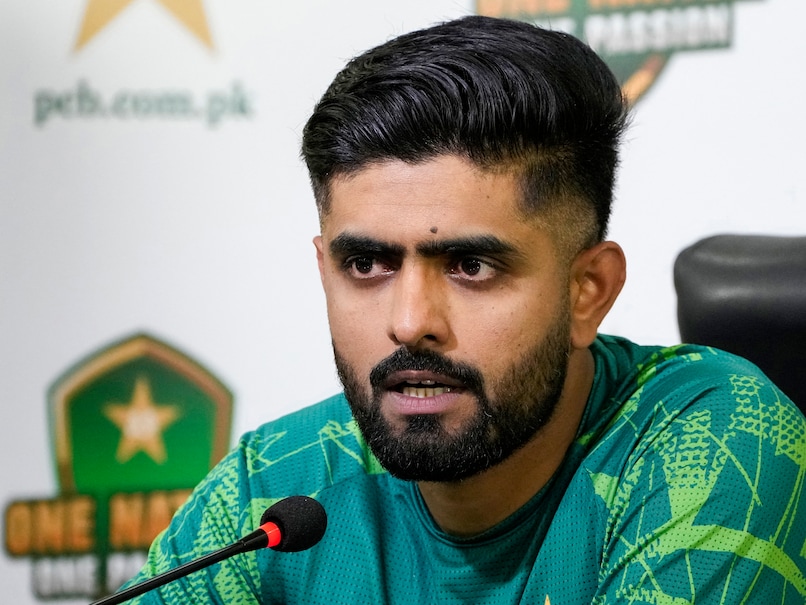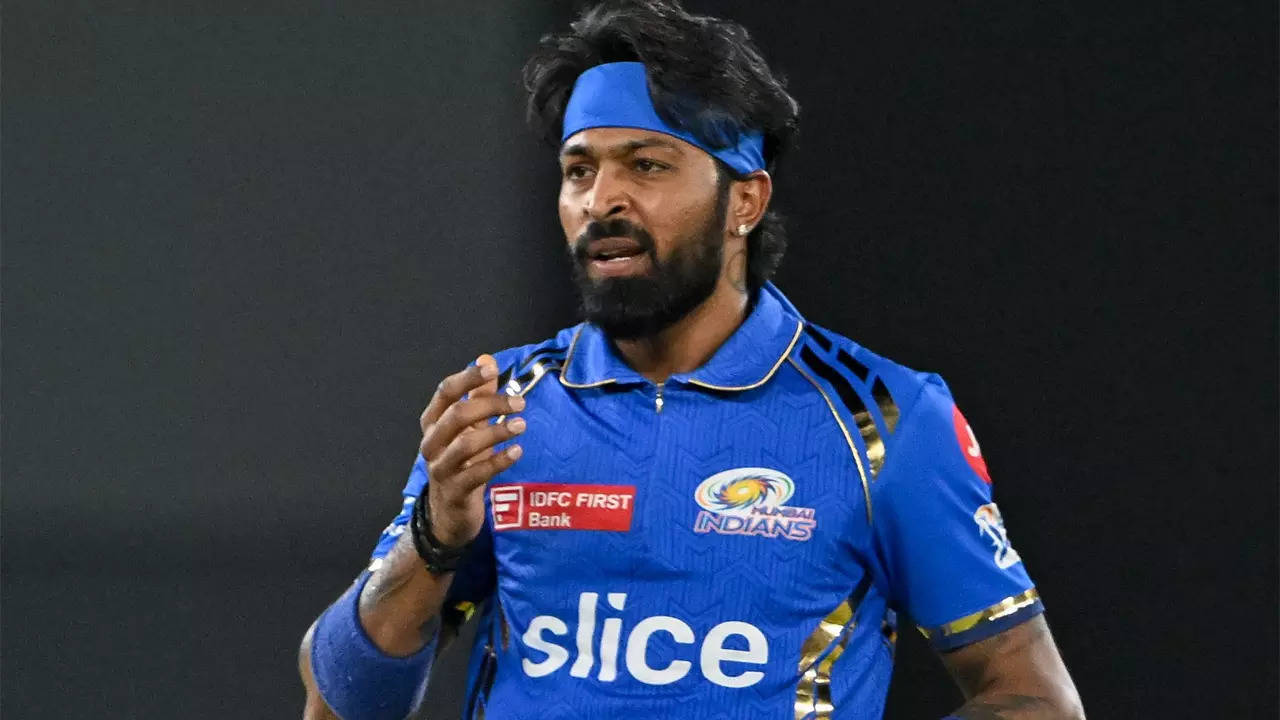Babar Azam Resigns as Pakistan White-Ball Captain Amidst Criticism
Former Pakistan pacer Sikander Bakht has vehemently criticized Babar Azam’s decision to step down as the captain of the white-ball team. Bakht believes that Babar should have resigned immediately after Pakistan’s humiliating exit from the T20 World Cup in June.
Pakistan’s failure to qualify for the knockout stage of the tournament, including a shocking loss to tournament debutants USA, was widely regarded as one of the most embarrassing moments in the country’s cricketing history. Bakht believes that Babar should have taken responsibility for this debacle and stepped down as captain.
“He should have resigned on June 16th, as soon as our World Cup was over,” Bakht told Geo News. “The whole nation was saying that he should have resigned. But he was stubborn. He thought he was king.”
Bakht also questioned Babar’s performances as both a captain and a batter, suggesting that he has not been up to the mark in recent times. “His performance was not good, neither was theirs,” Bakht said. “They should have realized that we were being removed in two ways.”
Bakht went on to claim that Babar did not resign voluntarily but was told to do so. He also alleged that the atmosphere in the dressing room is not conducive to success, with three players—Shaheen Shah Afridi, Shan Masood, and Mohammad Rizwan—vying for the captaincy.
“He was told to resign,” Bakht said. “We have three captains in our base. There are groups of three captains. One is Babar, another is Rizwan. They want to become captains. Shaheen wants to become captain again. And there is also Shan Masood.”
Meanwhile, the Pakistan Cricket Board (PCB) released a statement acknowledging Babar’s decision to step down. The PCB stated that it had backed Babar as the white-ball captain but respected his decision to focus on his batting.
“This decision is a testament to his professionalism and commitment to Pakistan cricket,” the PCB said. “He believes that dedicating himself fully to his batting will enable him to play a more decisive role in the team’s success in the shorter formats.”





